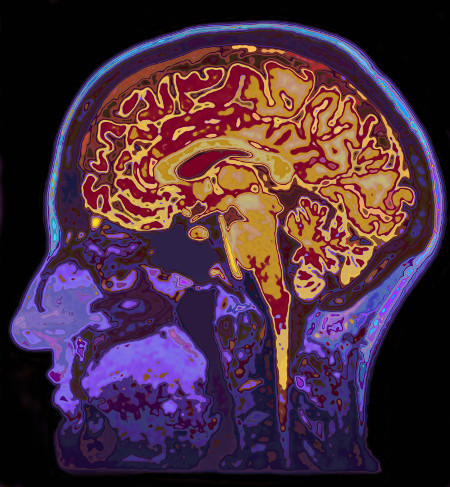
A friend of mine and I recently had a conversation about the accumulation of knowledge and the limits of human information processing. He asked me whether my reading and research habits (which I’ll admit are a bit maniacal) were an example of cognitive overload that would lead to a bias against action.
[Read more…] about How to Use a Brain